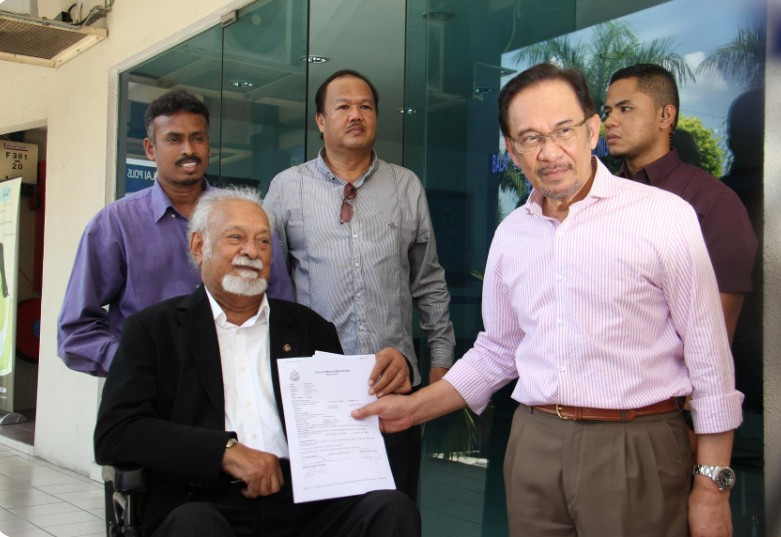By Dr Ahmad Zaharuddin Sani Sabri
THE upcoming state elections in Malaysia, scheduled for Aug 12, in Selangor, Kedah, Kelantan, Penang, Ngeri Sembilan, and Terengganu present a critical test for the ruling Pakatan Harapan (PH) and the unity government which took power in late 2022.
It is essential to address the prevailing misconception among some Malaysians that a victory for the opposition party in the state elections will automatically lead to a change in the federal government.
This article seeks to provide a more in-depth understanding of the connection between state elections and the federal government, backed by credible evidence and historical examples.
To clarify the misconception, it is crucial to recognise that the state governments and the Federal government are distinct entities with each formed through different electoral processes.
The Federal government is formed by the party or coalition that secures the most seats in the Dewan Rakyat, the lower house of Parliament. Conversely, state governments are established by the party or coalition that wins the most seats in the respective state legislative assemblies.
Historical evidence
The 2013 state elections serve as a compelling example to demonstrate the separation between state and Federal governments.

During this period, the Pakatan Harapan (PH) coalition secured victories in various states, including Selangor and Penang. Despite these successes, PH was unable to obtain enough seats in the Dewan Rakyat to form the Federal government.
This historical evidence underscores the fact that state election outcomes do not automatically determine the federal government’s fate.
To address the misconception effectively, it is essential to elucidate the two mechanisms through which the Prime Minister (PM) or Federal government can be changed in Malaysia:
The PM and federal government are elected by the Dewan Rakyat, the lower house of Parliament. In the event that the ruling party loses the majority of seats in the Dewan Rakyat during a general election, the PM will be compelled to resign with a new PM to be appointed by the Yang di-Pertuan Agong (YDPA) who is the supreme leader of Malaysia.
Vote of no confidence
The Dewan Rakyat can pass a motion of no confidence to express a lack of trust in the PM or the Federal government. Should such a vote be successful, the PM will be required to resign, leading to the appointment of a new PM by the YDPA.
It is crucial to emphasise that state elections do not directly impact the Federal government. The state elections solely determine the composition of the state governments, not the Federal one. Consequently, the Federal government can only be changed through a general election or a successful vote of no confidence in the Dewan Rakyat.
As the six states of Malaysia gear up for their state elections on Aug 12, the significance of these elections cannot be overstated for the ruling PH-Barisan Nasional (BN) government. However, it is essential for Malaysians to comprehend that a change in the Federal government cannot be achieved through state elections.
Only a general election or a vote of no confidence in the Dewan Rakyat can bring about a shift at the federal level. By dispelling the misconception and highlighting historical evidence, citizens can make informed decisions and contribute to a more informed and engaged democratic process. – Aug 5, 2023
Dr Ahmad Zaharuddin Sani Sabri is a former director at the Institute of Tun Dr Mahathir Thoughts.
The views expressed are solely of the author and do not necessarily reflect those of Focus Malaysia.
Main pic credit: Datuk Seri Anwar Ibrahim’s Facebook









